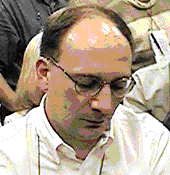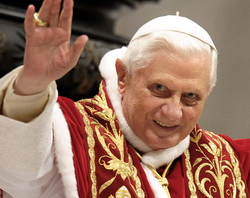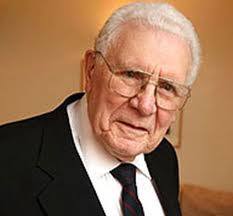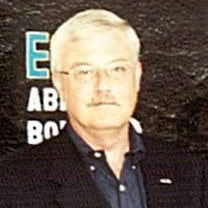
Paul Fernhout has been helping his wife (Cynthia Kurtz) develop Rakontu, a free and open source software communications and sensemaking tool for small purpose-driven communities that focuses on exchanging stories. He has hopes to expand Rakontu eventually into a broader Public Intelligence platform including a semantic desktop, simulations, narrative methods, visualization tools, and structured arguments. He has done some earlier work towards a FOSS social semantic desktop based on a triple store called “The Pointrel System“.
Building on something Albert Einstein said long ago about nuclear energy, he likes to remind people that in his opinion “The biggest challenge of the 21st century is the irony of technologies of abundance in the hands of those thinking in terms of scarcity”.
Paul participated in Doug Engelbart's 2000 Unfinished Revolution II Colloquium hosted by Stanford University which discussed themes on public collaboration about solving pressing global issues in networked improvement communities, and he made several related email contributions. He believes Public Intelligence could be a way to build on Doug Engelbart's early innovations to collectively figure out how to use advanced technologies of abundance for the betterment of global society. He calls for the public funding of such tools in an essay entitled “The need for FOSS intelligence tools for sensemaking etc.” and also in an OpenPCAST suggestion to the US government on the same theme. He has written several essays on post-scarcity abundance themes, including speculations on reforming Princeton University and reforming the CIA into post-scarcity institutions. In the run-up to the invasion of Iraq, he wrote a parable about collective efforts by individually-weak abundance-minded actors in the presence of strong centralized scarcity-minded organizations, which he feels unfortunately has been all too prescient about the course of that war.
He is currently exploring the idea that there have always been at least five types of interwoven economies (subsistence, gift, exchange, planned, and theft) with the balance between the five economies shifting due to cultural changes and technological changes.
Paul is a graduate of Princeton University (A.B. Psychology '85, same year as Michelle Obama), studied Ecology and Evolution at SUNY Stony Brook (M.A. Biology '93), and received a Navy Science Award for a robot he created for a high school science fair back before that was a common thing.







![tanks[1]](http://jmarke.files.wordpress.com/2010/08/tanks1.jpg?w=150&h=108)
